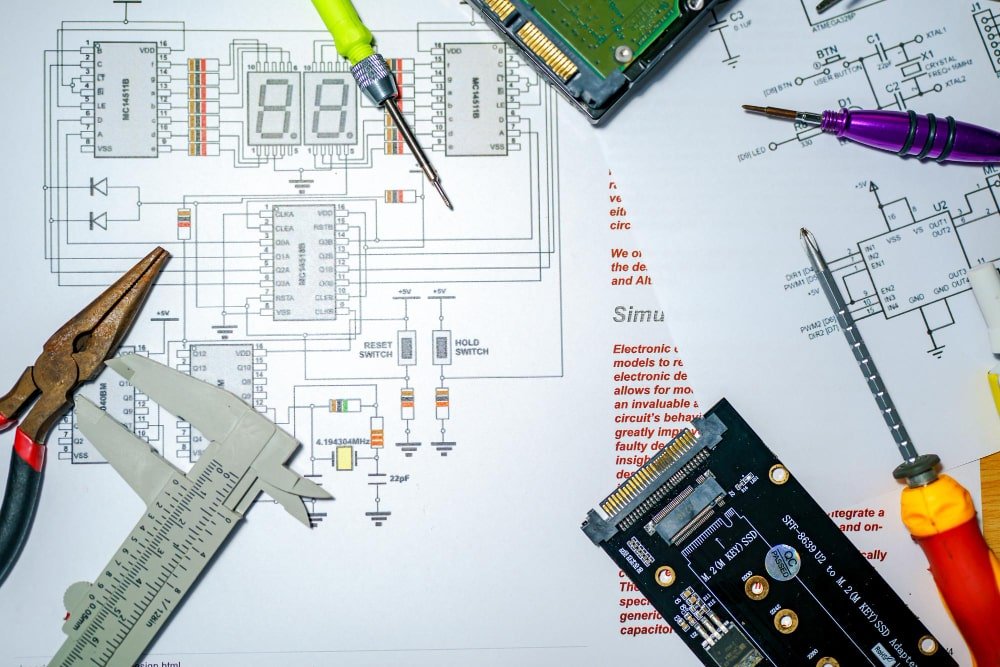Electrical and electronic engineering are two closely related branches of engineering that deal with the study and application of electricity, electronics, and electromagnetism. Both fields are essential for designing, developing, and maintaining modern technology, from microchips to large-scale power systems.
Electrical engineering is a broad field that encompasses several sub-disciplines, including power systems, control systems, electronics, signal processing, and telecommunications. Electrical engineers design and develop systems that generate, distribute, and use electrical power. They may design power grids, electric motors, generators, and other electrical equipment used in industries ranging from transportation to manufacturing.
On the other hand, electronic engineering is a branch of electrical engineering that specifically focuses on the study of electronic devices and their applications. Electronics engineers may design circuits, microchips, and other electronic devices used in a variety of applications, from computers and communication systems to medical equipment and consumer electronics.
One of the key differences between electrical and electronic engineering is the level of complexity involved in each field. Electrical engineering tends to deal with larger systems that require more power and have more significant safety implications. In contrast, electronic engineering deals with smaller devices that often require more precision and operate at higher frequencies.
Both fields require a strong foundation in principles of mathematics, physics, and engineering. Electrical and electronic engineers often work together, collaborating on projects that involve both electrical power and electronic devices. They may also work closely with other engineers, such as mechanical engineers, to ensure that systems are designed to meet specific requirements and standards.
In recent years, there has been an increasing focus on the intersection of electrical and electronic engineering with other fields.
Job Opportunities:
There are many job opportunities available for individuals with a degree in electrical and electronic engineering. Here are some examples:
-
Electrical Engineer: As an electrical engineer, you will design, develop, and test electrical equipment, systems, and components. You will also be responsible for troubleshooting and solving problems related to electrical systems.
-
Electronics Engineer: Electronics engineers design and develop electronic equipment, such as microprocessors, communication systems, and control systems.
-
Control Engineer: Control engineers design and develop control systems for industrial processes and automation systems. This may include things like robotics, manufacturing equipment, and industrial control systems.
-
Energy Engineer: Energy engineers design and develop electrical systems for generating, transmitting, and distributing power. They also work on renewable energy projects, such as wind and solar power systems.
-
Telecommunications Engineer: Telecommunications engineers design and develop communication systems, such as wireless networks, broadband networks, and satellite communications.
These are just a few examples of the many job opportunities available for individuals with a degree in electrical and electronic engineering. The field is constantly evolving, and new and exciting opportunities are always emerging.


 العربية
العربية Türkçe
Türkçe





